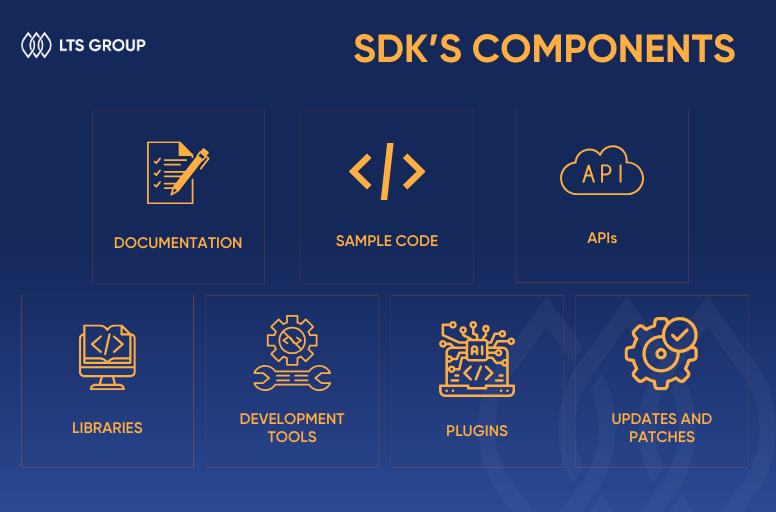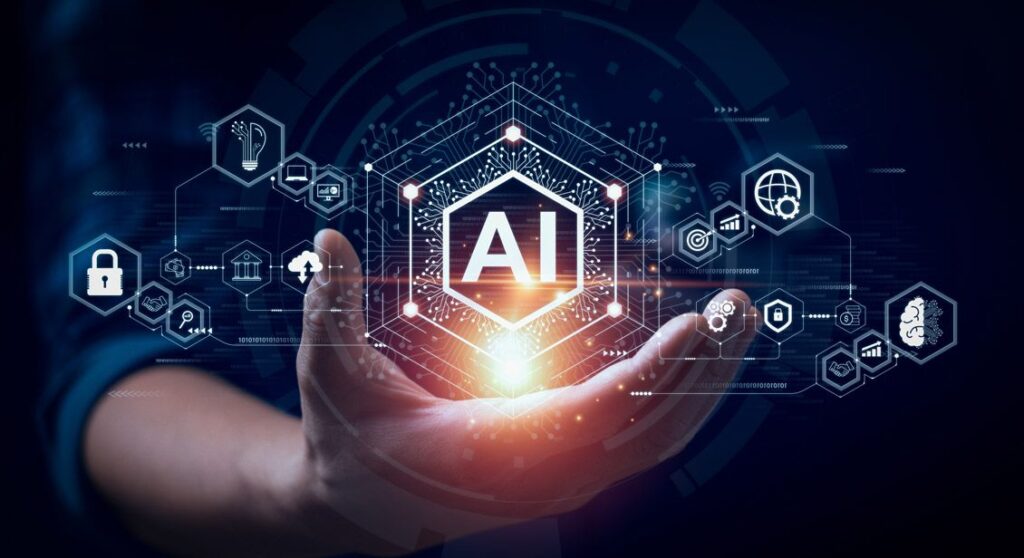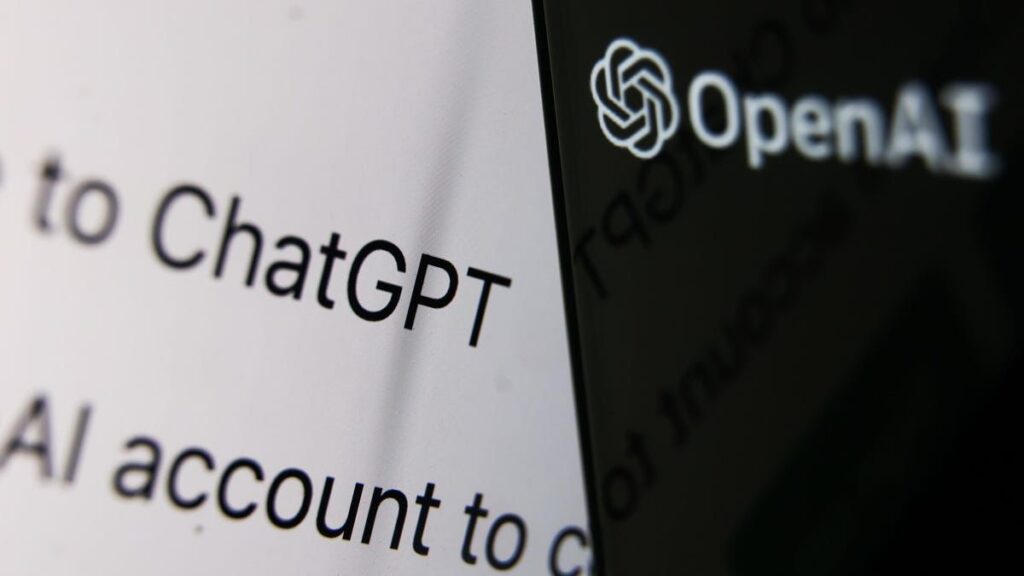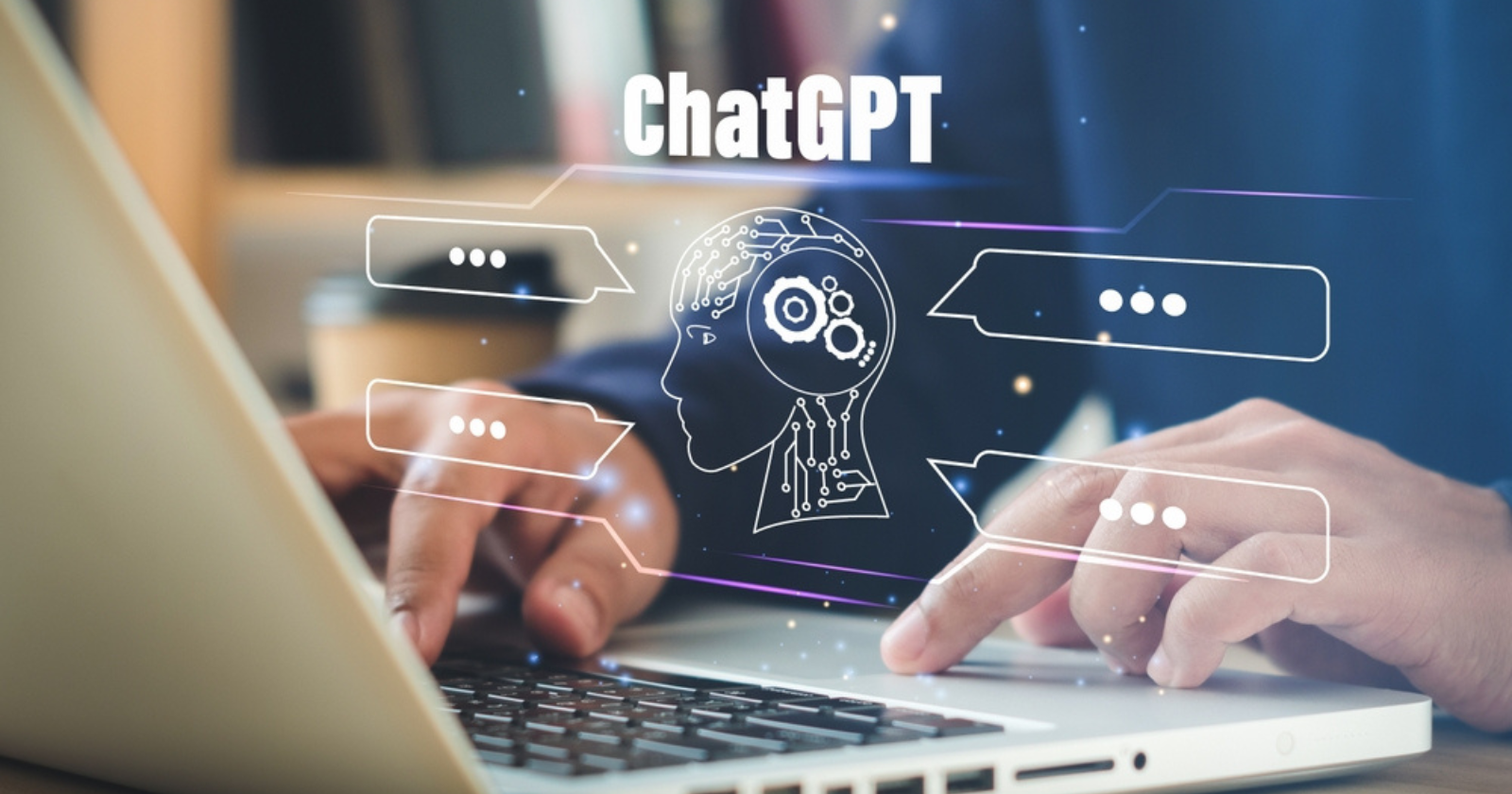Table of Contents
New functionality opens up 800 million-user platform for developers
OpenAI announced a major upgrade to its ChatGPT service: users can now directly “chat with apps” inside ChatGPT, and developers can begin building apps through a newly released Apps SDK (software development kit) preview. At launch, the feature is available to all logged-in users outside the European Union (EU) across Free, Go, Plus and Pro plans.
The pilot partners include services such as Booking.com, Canva, Coursera, Figma, Expedia, Spotify and Zillow. The platform’s potential reach now exceeds 800 million users globally, positioning ChatGPT as one of the largest conversational AI platforms in the world.
How it works: chat + apps, in one interface
Instead of switching between separate websites or apps, users can now invoke an app directly in the chat by naming it in a message — for example, “Spotify, make a playlist for my party” — and the app will appear within the ChatGPT conversation.
Alternatively, ChatGPT will automatically suggest relevant apps based on the topic of the discussion. If you mention travel plans, it might recommend Booking.com or Expedia. Talking about real estate could surface Zillow with an interactive property map.
For developers, the new Apps SDK is built on an open standard called the Model Context Protocol (MCP). It allows them to define chat logic, app interfaces, and link to existing backend systems. Developers can test apps in “Developer Mode,” while monetisation options and a dedicated app directory are expected later this year.

This development is significant for productivity, innovation, and Africa’s growing tech ecosystem.
- Greater productivity and localisation potential: African users may soon access multiple digital services—education, design, travel, local commerce—through a single chat interface, reducing the need for multiple apps.
- Opportunities for African developers: With the Apps SDK, developers in Ghana and across the continent can create locally relevant tools that reach a global audience of over 800 million users. Examples could include e-learning modules, agricultural assistance tools, or financial literacy apps.
- Leap-frogging older technology: Many African markets rely heavily on mobile chat platforms. Integrating services into ChatGPT’s conversational interface could help African developers leapfrog traditional app ecosystems.
- Data and privacy considerations: As data flows through these apps via ChatGPT, questions of privacy, user permissions, and local data protection laws become crucial, especially in regions like Ghana where digital rights frameworks are still evolving.
This move is part of a wider trend where major AI firms are transforming chatbots into platforms that host third-party tools and services. The goal is to create a seamless digital environment where users can perform multiple tasks—such as planning trips, designing graphics, or learning—without ever leaving the chat window.
In Ghana, this comes at a time of rapid digital growth. The country’s internet penetration is estimated at about 67 percent, with smartphone adoption continuing to rise. Mobile data and messaging apps already dominate the digital landscape, making conversational platforms like ChatGPT naturally suited for Ghanaian users.
For instance, a local e-learning startup could use the Apps SDK to create a ChatGPT-based classroom assistant that provides lessons, quizzes, and tutoring in local contexts—all within one chat window. Such integrations could make online learning more accessible to students across the country.
Challenges and local considerations
- Access and affordability: Although the rollout is global (excluding the EU for now), internet costs, connectivity gaps, and device limitations in some Ghanaian communities could affect adoption.
- Language and localisation: The pilot apps currently focus on English-language users. To be widely effective in Africa, developers will need to adapt interfaces and responses to local languages and cultural contexts.
- Regulation and data governance: As conversational apps gather user information, issues surrounding data sovereignty, consent, and national regulations will require attention from African policymakers.
- Developer readiness: Early reports suggest that SDK access may initially be limited, potentially slowing early adoption by African developers. Ensuring equitable access and technical training will be key to bridging this gap.
Implications for Ghana’s digital future

For Ghanaian technology companies, educators, content creators, and entrepreneurs, ChatGPT’s app integration offers a new way to reach audiences, deliver services, and innovate. However, the real benefits will depend on how quickly local stakeholders adapt—by developing locally relevant tools, improving digital literacy, and addressing infrastructure and privacy challenges.

If adopted strategically, this shift toward conversational apps could strengthen Ghana’s digital transformation, enabling more inclusive access to AI-powered tools. It may also help small developers and startups tap into a global market without the high cost of standalone app development.
In essence, OpenAI’s latest update turns ChatGPT from a chatbot into a dynamic digital ecosystem. For Africa and Ghana in particular, it signals a new era where conversation becomes the interface for work, learning, and creativity—if local innovators seize the opportunity.
Read also: Revolutionary Crypto Virtual Cards Empower Africans and Transform KYC Barriers

